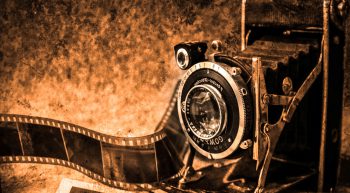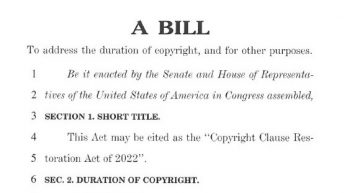Suppose you discover that someone is infringing your copyright. Suppose further, much to your horror, they have been doing so for years. The copyright statute has a three year statute of limitations, of which your infringements stretch far beyond that period. Are you out of luck? Nova Southeastern University's Copyright Officer, Stephen Carlisle, J.D., examines a new ruling from the 9th Circuit and discovers: it depends where you file suit.









